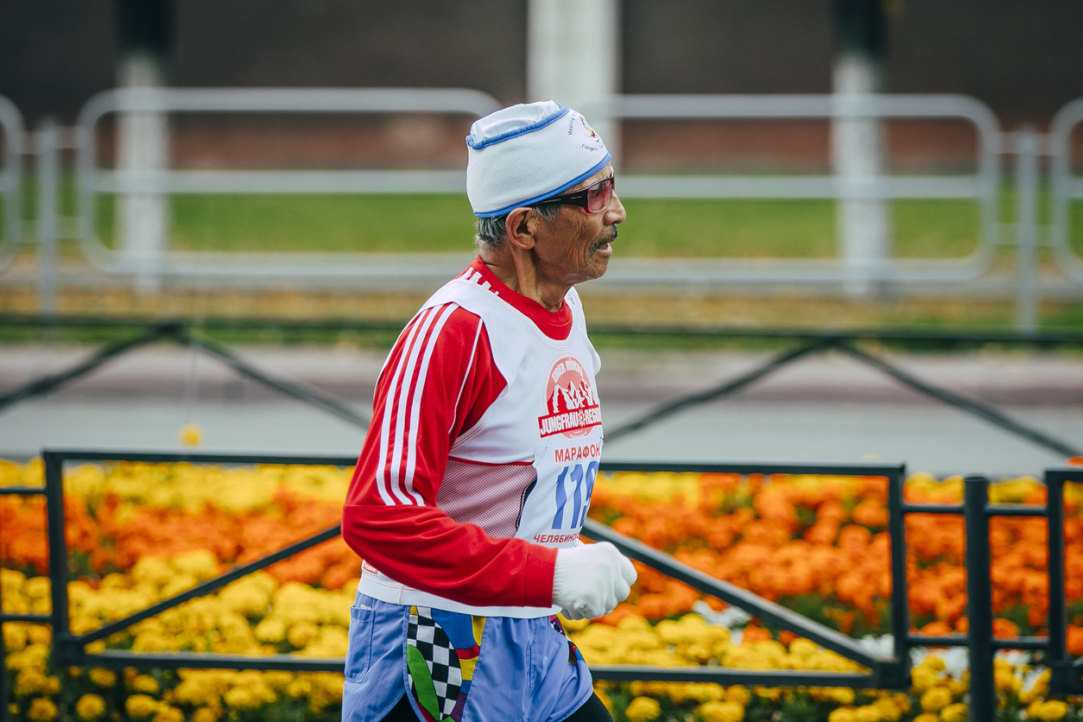Unfit
Why seniors don’t care about their health

Seniors in Russia are not responsive to public promotion of healthy living. Their behaviours follow eight different patterns, and a healthy lifestyle is far from being the most popular pattern. Only 17% of elderly people live what can be termed a 'healthy' lifestyle, Elena Selezneva discovered. The results of the study were presented at the XIX April International Academic Conference on Economic and Social Development at HSE.
From Those Saving to Those Drinking
‘There is a lower variety of practices among the elderly in Russia than among the youth : over 50% live a lifestyle with no bad habits however they don’t engage in any activities aimed at keeping fit and healthy’, the researcher concluded.
Data from the Russia Longitudinal Monitoring Survey (RLMS-HSE) 2010-2016 was used to categorize the seniors according to health-related lifestyles (sample size 26,500).
Eight such lifestyles have been defined:
«Basic»
52,4%
The minority of people living this lifestyle smoke; they consume less alcohol and unhealthy food; they don’t often follow diets, use vitamins, or exercise.
Elena Selezneva explains such behavior based on two reasons: the need to save money, and the Soviet heritage (such changes to one’s lifestyle did not result in significant differences in social status or opportunities under socialism).
«Healthy Lifestyle»
17,8%
This group follows the traditional rules of a healthy lifestyle: they exercise, follow a healthy diet and regularly have medical check-ups. They also use vitamins and supplements more often than others.
«Overeaters»
11,4%
These individuals don’t care about their health. They eat more, and not only healthy foods (such as fish), but also unhealthy foods (such as sweets, sausages and smoked meat products). They opt for self-treatment more often, rarely use vitamins and rarely smoke.
«Smokers»
11,9%
These individuals are addicted to tobacco and eat food of poor quality (less fruit and fish). Their BMI (body mass index) is lower than the average in the sample.
«Fighting excess weight – 1»
2,9%
This group looks after their health by losing weight through exercise and eating more fruit.
«Fighting excess weight – 2»
1,3%
These people are trying to lose weight by following a diet. Their diets include more vegetables than the diets of individuals following other patterns.
«Ignorers»
1,7%
They don’t follow the obvious healthy lifestyle rules. Despite the doctors’ recommendations, they eat too much food containing animal fats which increase the risk of heart diseases. They are more inclined to opt for self-treatment.
«Drinkers»
0,6%
These individuals drink too much alcohol. They control their eating, go to the doctor for disease prevention, and exercise less often than the others.
Chances and Risks
The choice of health-related lifestyle depends on many factors, including social status, gender, age, employment, access to health care and access to information. For example, internet use over the year increases the chances of choosing a healthy lifestyle by 25%. Employment decreases the risk of excessive drinking. Healthy lifestyles are more popular in cities, particularly in Moscow and St. Petersburg. People in small towns and villages tend to overeat and ignore the doctor’s advice more often.
The best predictors of lifestyle are the following factors:
The elderly person’s income. Lower incomes (and the need to save money) lead to a basic lifestyle. A transition to the quintile with higher incomes increases the chances of a healthy lifestyle, but bad habits (overeating, smoking, and alcohol) are more typical among wealthy people;
Educational, social and professional background. Former top executives, officials, skilled workers and office employees have higher chances of living a healthy lifestyle. Highly qualified professionals are in the reverse situation: intellectual work generally leads to less movement. Meanwhile, such seniors rarely become ‘smokers’ and ‘drinkers’. These bad habits are more typical of workers, salesmen and professionals in the service industry;
Family structure. ‘The presence of family members living together with the senior decreases the chances of a healthy lifestyle, since the family members (elderly or children) need attention. This doesn’t allow the seniors time to look after their health and spend money on it’, the study explains.
Unresponsive
The healthy lifestyle campaign began in Russia in 2010. A ban on selling alcoholic beverages at night was introduced, tax on alcohol was increased, smoking in public places was banned, and advertising of tobacco products was prohibited. The Russian Ministry of Health also introduced communication strategy for the promotion of healthy lifestyles.
Has all of this led to an increase in the popularity of healthy lifestyles among seniors? The answer is no. ‘According to our research, unlike young and middle-aged people, seniors are unresponsive to these measures. The lifestyle pattern remained stable while the policy was being implemented, and the probability of choosing a negative pattern hasn’t decreased. These efforts haven’t been enough to have an impact on the seniors, who are less likely to change their habits than the youth’, Elena Selezneva said.
Something else impacted the seniors’ willingness and ability to care about their health- the economic crisis. As incomes began to fall in 2014, older Russian citizens started saving on food, which decreased the popularity of healthy diets. In the period 2015-2016, they chose traditional healthy lifestyles much less often than previously. The risks of overeating and the ‘ignorers’ lifestyle decreased in 2016.

